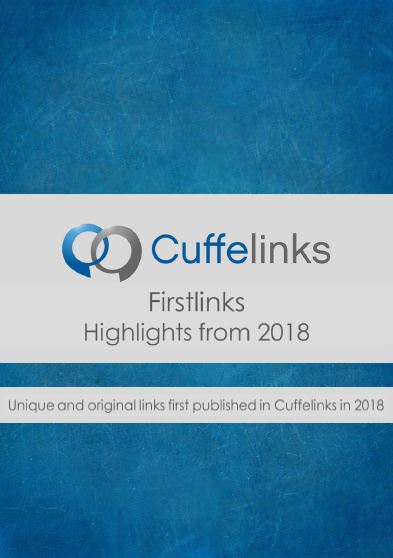During the course of the year, it is not possible to read everything that comes across your desk, which is why Cuffelinks summarises highlight articles in an end of year review each year.
The six previous free ebooks from prior years are in this folder.
The Cuffelinks team has selected 10 highlights from the hundreds of articles published in 2018. This ebook, Firstlinks, contains original content first published in Cuffelinks, including many of our most popular.
Our sixth year of publishing in 2018 was tumultuous for financial services. The Royal Commission provided a deep well of revealing and often unbelievable content, and the editorials from Cuffelinks are collected in another article as a summary of what the industry needs to address.
Many of our articles are viewed over 10,000 times, including this year, the Budget Special direct from the Canberra lockup and Garry Mackrell's insider view of the changes at CBA. The survey in our Special Edition on the book 'Factfulness' was completed almost 5,000 times.
The coming year of 2019 promises to be tough for financial services and investing. The Royal Commission report in February will set the ground rules for future regulatory and behaviour changes, while rising US rates will temper enthusiasm for risk assets. Cuffelinks will continue to deliver insights to help navigate these changes.
Click on the cover page image to download the ebook, or here.
